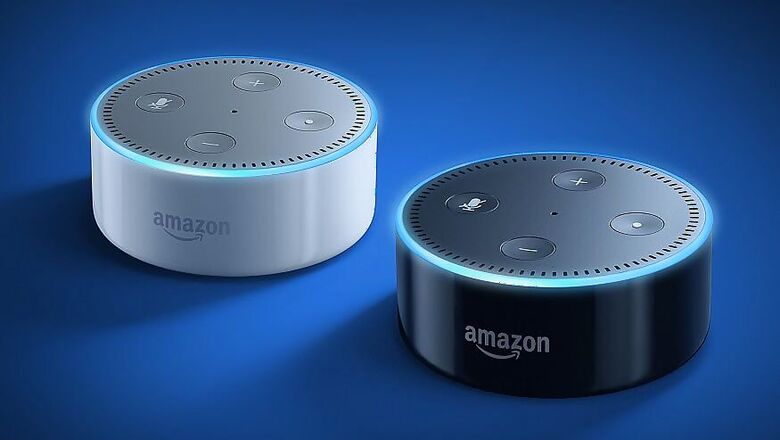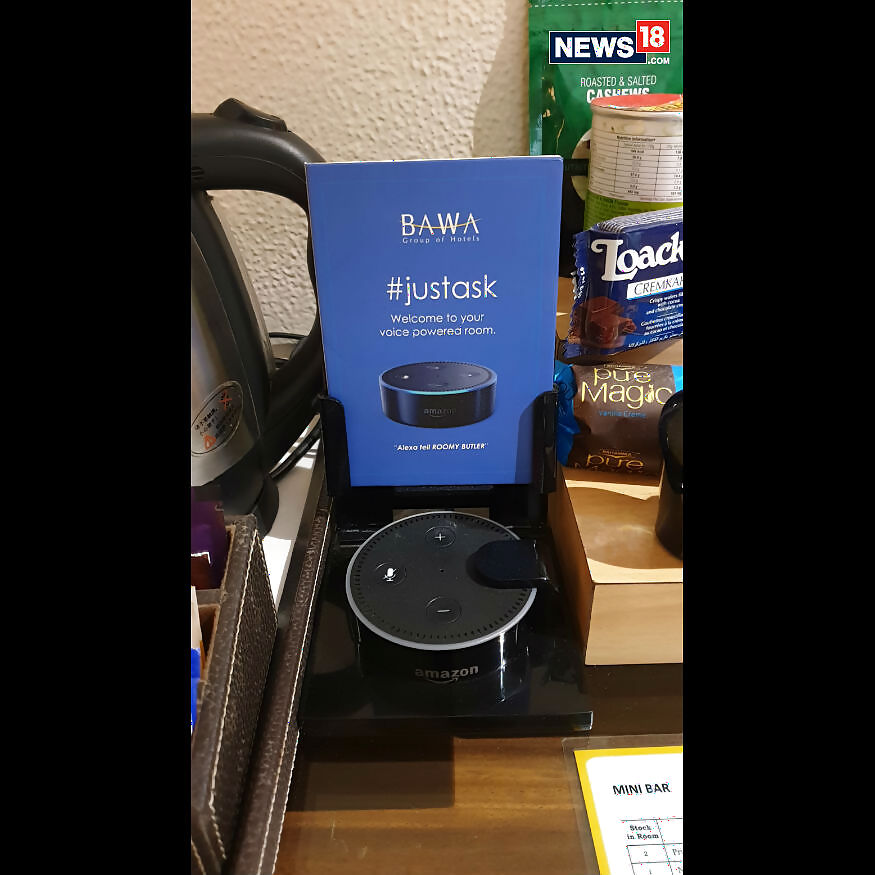
views
“Alexa, ask room service to send me two bottles of water.”
Giving such orders to an in-room speaker will probably become very common in the eventual future, Alexa or otherwise. It is a rather obvious bit of implementing smart speakers, but one that has not been done frequently enough yet, at least in India. Hence, when I stepped in to Bawa Continental, a three-star boutique hotel in Mumbai that is not among the headliners in the hotel industry, it was a pleasant surprise to see Echo Dot-equipped rooms.
Once in the room, I could ask for water bottles and housekeeping through Alexa, without needing to call up reception and physically ask them to fetch services. However, while I could ask Alexa to send for the restaurant to take my food request, I could not order specific items from the food menu directly through Alexa, which would have been really intuitive. Neither could I specify to housekeeping if I required fresh towels, or wished for the used dinnerware to be cleaned — instead, a housekeeping staff came to the room upon receiving my request, and asked for my requirement. It still served my purpose, but only to an extent.

The push for adopting smart speakers seems to be a bit half-hearted, too. For one, there were no real advertisements that guests could avail an Echo-equipped room instead of the standard ones. The manager that handled my booking did not inform me of it, until I spotted the small placard at one corner of the check-in desk. Of the 40-odd rooms in the hotel, only about five were equipped with the Echo speakers. Guests could voluntarily opt for an Echo-equipped room, which thankfully did not bear any additional charge.
According to the hotel manager that handled my booking, it is a part of an ongoing partnership drive by Amazon, to raise interest and engagement among users regarding its lineup of smart speakers. The partnership is designed to work both ways — hotels can flaunt the Echo speakers as a unique feature in their hotels, in hope of young customers being interested enough to pick one hotel over the other. In return, eager users could get their first taste of the convenience of smart speakers, and would hopefully be impressed enough to get one for themselves.
There is still a long way to go for smart technologies to improve in terms of their utility in such cases. Building specific skills which would eventually allow Alexa or other assistants to completely replace the human-driven customer desk would be the end-goal, and it is not a very complicated one, either. This can help smaller hotel chains drive up sales, reduce expenses on human resources, and make the back-end business very convenient.
As of now, there has not been much fanfare around the service. The hospitality manager mentioned while I was checking out, that it has not been a crowd-puller, and not many customers have really asked for an Echo-equipped room, or used it for services, or anything at all. This proves the need for spreading better awareness of these services, if Amazon is to get its worth of distributing Echo speakers around the country.
While the privacy aspect of putting mic-equipped speakers in rooms is a completely different chapter, smart speakers have great potential of tapping into the hospitality industry. The Oberoi, New Delhi uses a proprietary, non-voice interface in iPads across all of its rooms to help their guests ask for services, order food and other necessities seamlessly. This shows the proof of gradual adoption of smart technology in a conventional sector such as hospitality, although we still seem far away from a possible boom in adoption.




















Comments
0 comment